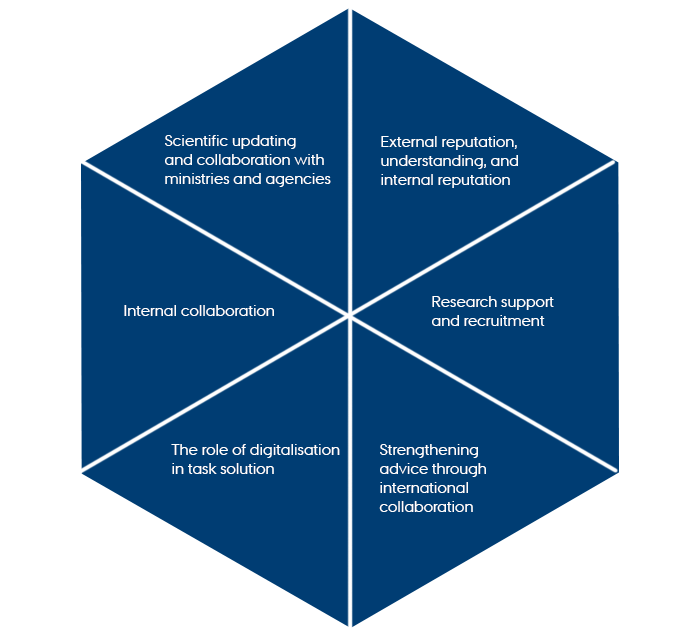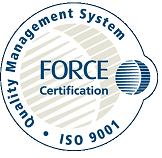Strategy for future public sector consultancy at TECH
Strategy based on a strategic service check
The following strategy has been formulated from the strategic service check of the science-based advice area conducted by the Faculty of Technical Sciences (Tech) during the period of August 2022 to June 2023. The strategy consists of an ambition, indicating a common purpose and direction, and six guiding principles, identifying particularly important dimensions.
A action plan for the strategy was initiated in August 2023 and continues into 2024.
Tech's ambition for science-based advice
Tech aims to be the preferred advisor in climate and sustainable, green transition for both public and private stakeholders. Our science-based advice supports democratic enlightenment, nationally as well as internationally, based on excellent, solution-oriented research.
- We work towards making a real difference to society through science-based advice in nature, environment, food, and agriculture
- We bridge the gap between disciplines through mutual development of expertise and solution needs.
- We unite the technical sciences, natural sciences, and social sciences fields within one organisation, leveraging this unique strength to contribute to interdisciplinary research and advisory for policy of international caliber.
- We work scientifically, holistically, and with high professional integrity
- We are known in the external environment for high credibility, expertise, and solution-focused societal contributions
- We are an attractive research environment that develops advisors and researchers equipped to address the challenges of the green transition.
Focal point 2: External reputation, understanding, and internal reputation
Tech's science-based advisory services and its role in a sustainable, knowledge-based green transition are highly regarded and credible in society and among authorities, as well as within the rest of AU.
AU should nationally and internationally be leading in delivering quality-assured and independent science-based advisory services of high scientific quality. Sicence-based advice is meritorious for an academic career and economically sustainable for AU.
Focal point 3: Research support and recruitment
Focal point 5: The role of digitisation in task solution
Focal point 6: Internal collaboration
Centre units supporting the expertise, consistency, quality, and communication of the departments regarding service agreements with ministries, and where everyone within Tech thinks 'we'.
The quality management system is adhered to by all.
There is ongoing exchange of best practices between DCA and DCE.
The guiding principle can be divided into two themes:
- Improve collaboration and thus task solution
- Maintain and expand the principle that existing research competencies are identified and involved in relevant governmental tasks across agreements, central units, and departments, and that the contribution is financially compensated for time spent.

